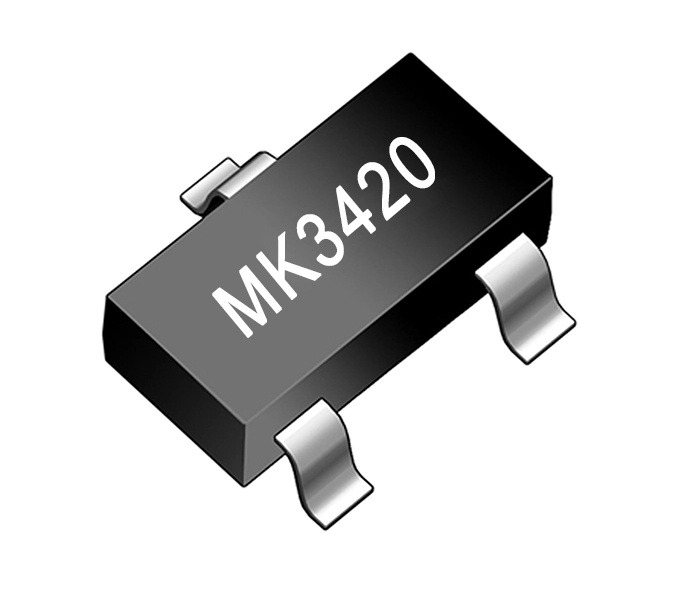In the era of sustainable transportation, electric vehicles (EVs) and fuel cell vehicles (FCVs) have emerged as promising alternatives to traditional internal combustion engine vehicles. Both technologies aim to reduce greenhouse gas emissions and dependence on fossil fuels. However, a critical question arises: How efficient are EVs compared to fuel cell vehicles? In this blog post, we will delve into the intricacies of these technologies, exploring their efficiency levels and shedding light on their respective advantages and limitations.
- Efficiency of Electric Vehicles (EVs):
Electric vehicles have gained significant traction in recent years due to their high energy efficiency. Unlike internal combustion engines, which waste a substantial amount of energy as heat, EVs convert electrical energy from the battery directly into mechanical energy, resulting in higher overall efficiency. The efficiency of EVs can be measured in terms of energy consumption per mile or kilometer traveled.
a. Energy Conversion Efficiency:
EVs typically exhibit energy conversion efficiencies ranging from 80% to 90%. This means that 80-90% of the electrical energy stored in the battery is effectively converted into mechanical energy to propel the vehicle. The remaining energy is lost during charging, discharging, and transmission processes.
b. Regenerative Braking:
Another factor contributing to the efficiency of EVs is regenerative braking. When the driver applies the brakes, the electric motor acts as a generator, converting the kinetic energy of the moving vehicle into electrical energy. This energy is then stored in the battery for later use, reducing energy wastage and enhancing overall efficiency.
- Efficiency of Fuel Cell Vehicles (FCVs):
Fuel cell vehicles, on the other hand, utilize hydrogen gas to generate electricity through an electrochemical process. While FCVs offer several advantages, such as zero emissions and longer driving ranges, their efficiency levels differ from those of EVs.
a. Energy Conversion Efficiency:
The energy conversion efficiency of fuel cell vehicles is typically around 40-60%. This lower efficiency is primarily attributed to the energy losses that occur during the hydrogen production process, fuel cell stack operation, and powertrain conversion. Additionally, the energy required to compress and store hydrogen further impacts the overall efficiency of FCVs.
b. Waste Heat Utilization:
One notable advantage of fuel cell vehicles is their ability to utilize waste heat generated during the electrochemical reaction. This waste heat can be harnessed for various purposes, such as cabin heating or powering auxiliary systems, thereby increasing the overall energy efficiency of the vehicle.
- Comparative Analysis:
When comparing the efficiency of EVs and FCVs, it is crucial to consider the entire energy chain, including the production, distribution, and storage of energy sources.
a. Energy Source Efficiency:
EVs rely on electricity, which can be generated from various sources, including renewable energy. The efficiency of electricity generation varies depending on the source, with renewable sources generally exhibiting higher efficiency levels. In contrast, the production of hydrogen for FCVs often involves energy-intensive processes, resulting in lower overall efficiency.
b. Infrastructure Efficiency:
The efficiency of charging infrastructure for EVs has improved significantly, with fast-charging stations becoming more prevalent. However, the availability and efficiency of hydrogen refueling stations for FCVs still pose challenges, limiting their widespread adoption.
Conclusion:
In conclusion, electric vehicles demonstrate higher energy efficiency compared to fuel cell vehicles. The direct conversion of electrical energy into mechanical energy, coupled with advancements in battery technology and charging infrastructure, contribute to the superior efficiency of EVs. However, it is essential to consider the specific use cases and infrastructure requirements when evaluating the suitability of each technology. As the world moves towards a sustainable future, understanding the efficiency levels of EVs and FCVs will aid in making informed decisions regarding transportation choices.






